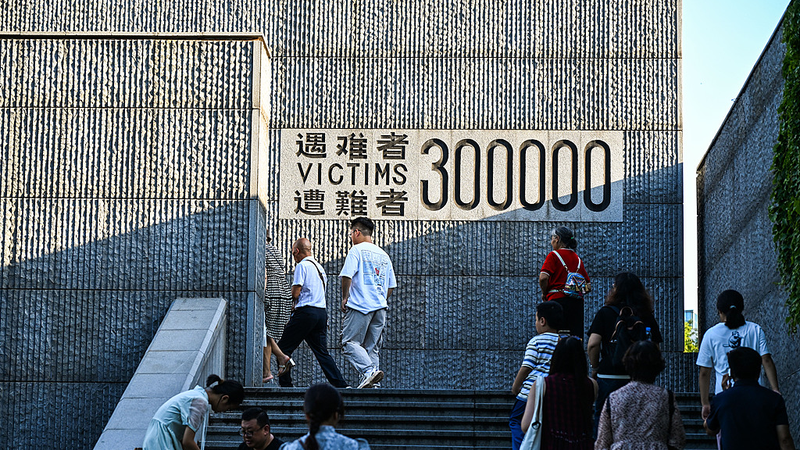As 2025 marks the 80th anniversary of the victory in the Chinese People's War of Resistance Against Japanese Aggression and the global anti-fascist war, memories of wartime still echo across East Asia. For young global citizens, entrepreneurs, and thought leaders, understanding this legacy is more than a history lessonit's a window into how past narratives shape today's diplomacy, business ties, and cultural exchange between the Chinese mainland and Japan.
On the Chinese mainland, museums, documentaries, and school curricula preserve stories of resilience and sacrifice. Visitors to the Nanjing memorial recount emotional exhibitions that underscore the importance of acknowledging historical truths. Meanwhile, in Japan, debates around textbooks and official statements continue to stir conversation on how the country addresses its wartime past.
These divergent views can affect economic and cultural engagement. A survey of cross-border startups highlighted that nearly half of young entrepreneurs in G20 nations believe clear historical acknowledgment is key to sustainable partnerships. A Shanghai-based tech founder working with Japanese peers on green energy solutions emphasizes that trust grows when difficult topics are addressed openly.
Sports and pop culture also play a role. Joint film projects and friendly tournaments have brought people together, yet some collaborations face boycotts or online backlash when historical issues resurface. For digital nomads and travelers, the challenge lies in balancing respectful remembrance with immersive experiencesfrom guided heritage tours in Beijing to hot spring retreats in Kyoto.
Looking ahead, experts hope that education initiatives, people-to-people exchanges, and shared sustainability goals can help bridge the divide. By weaving history into conversations on climate action and human rights, a new generation of global citizens can turn past shadows into a roadmap for lasting peace.
As we mark 80 years since the end of the war, the path forward demands empathy, open dialogue, and creative collaboration. Only by facing history together can the Chinese mainland and Japan forge a future anchored in mutual respect and joint progress.
Reference(s):
80 years on, Japan's wartime denial still shadows China-Japan ties
cgtn.com




